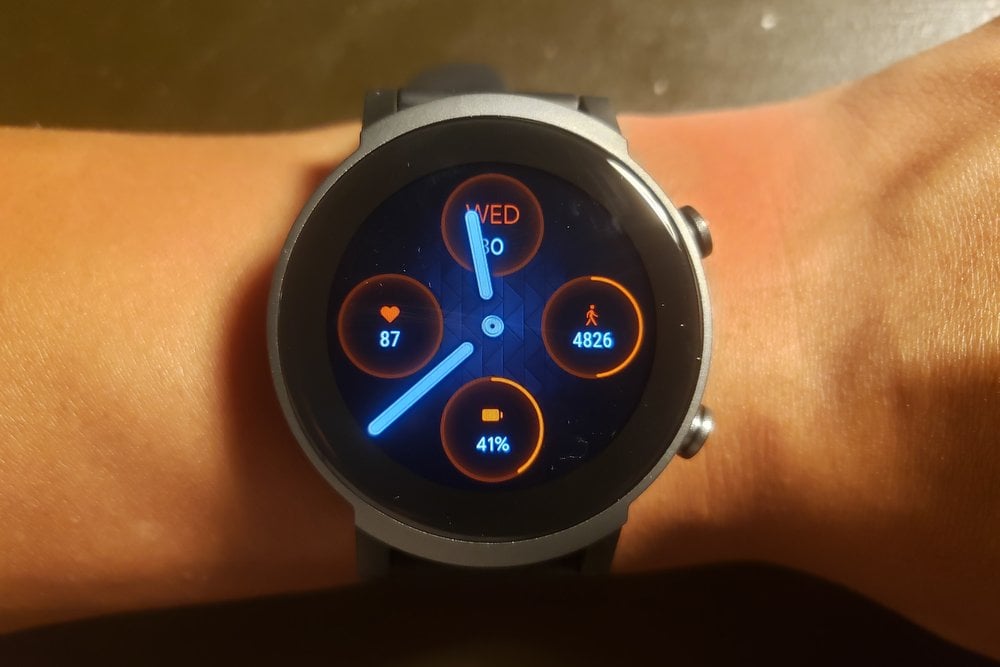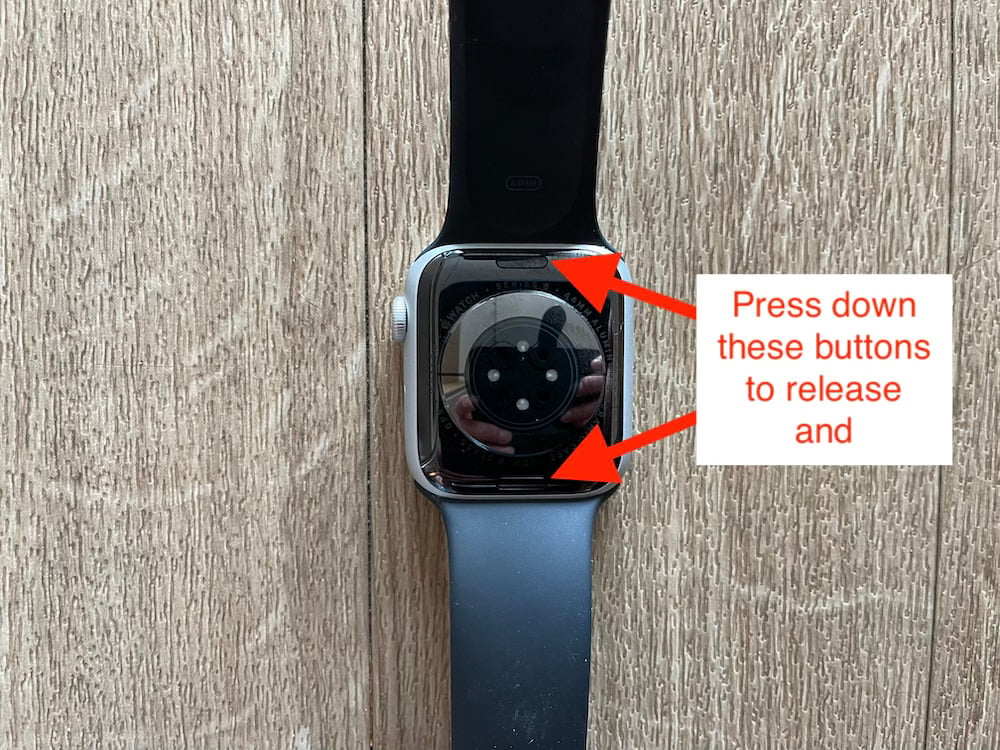
Wearing a watch has always been a way of keeping time. However, it became more than that when they started being used as accessories and making fashion statements or showing off one’s wealth. Are watches outdated? Do people still wear them to be able to tell the time and manage their time well, or is it for other reasons?
The disadvantages of wearing a watch are numerous. Watches tend to be very expensive, depending on the brand. They have short battery life and need to be recharged often. They are not always accurate, can be easily damaged, go out of style quickly, and become obsolete.
No one can deny that watches have their benefits, but as much as they add on to your stylish look, give you instant access to emails and texts, and even keep track of your steps and heart rate, there are a lot of reasons why wearing one isn’t a good idea.
FYI, thanks to AI imagery software, we’re able to create very specific fashion examples to illustrate the points being made.
Is Anything Private Anymore?
Although this isn’t a problem when you have a regular mechanical wristwatch, the new smartwatches that have gained popularity over the years use many consumers’ data. Ever since technology boomed, privacy has become a significant concern. There are a lot of privacy concerns about the data collection done by smartwatches.
Sure, you are told that they have the best intentions and do everything in their power to secure any collected data, but there’s always the possibility that they will slip up. No one wants any information about them being accessed, especially your health data, which is a massive possibility because of skilled hackers.
Plan Your Perfect Ensemble
Get 5 personalized outfit ideas with accessories in seconds
Smartwatches track your heartbeat, your blood pressure, etc., which is all confidential information. Yes, your phone is probably a smartphone, but the difference is that it only tracks things like your location, which is not as invasive as your health data.
There Is A Lack Of Space And Peace Of Mind.
Because of how integrated and connected smartwatches are with your phone, you are constantly reachable. Your messages, your texts, everything can now be accessed on your smartwatch, and because you are less likely to take off your watch, it’s difficult to ignore and distance yourself from people and respond when you feel like it because it’s on your wrist.
It is proven when people get mad if you take a couple of hours to respond because we now live in that immediate culture, where people feel entitled to your time. I am generalizing, but this isn’t far from the truth because studies have shown that people now experience anxiety about getting notifications, and some even develop an addiction to them.
With phones, you can set them aside in another room if you don’t feel like talking to anyone. As much as you can turn off the notifications on your smartwatch, you risk missing out on important information. Furthermore, what would be its use because essentially, that’s one of the features that attracted you to the watch.
Watches Look The Same With Minor Noticeable Differences.

Watches generally don’t have much character to them. Vintage watches had that thing that added an extra something to your look, like pocket watches. The design was exquisite, and they had timeless elegance. That can’t be said about watches made today. They are bland and often nearly identical, especially smartwatches.
There may be different colors and even different looks, but ultimately one model isn’t unique from the other. They also become obsolete fairly quickly, meaning that you regularly have to spend a pretty penny to get a new one. New models go in and out of style quickly, and if you’re someone that likes being up to date with the latest in style, it means you’ll be spending more money often.
Mechanical wristwatches last far longer than smartwatches, but they also aren’t immune to damage and battery running out. It can cost a lot of money to fix or replace parts of a watch, especially for a luxury watch like a Rolex. Buying a luxury watch is very expensive, depending on the brand.
You Have To Charge Multiple Devices.

Smartwatches require a lot of effort because the battery does not last very long. Because of all the additional features that it has, unlike normal automatic wristwatches, the battery life gets drained quickly, and more often than not, you have to charge it every night so that it is ready and full to use the next day.
It essentially becomes useless when it has not been charged because you can’t even figure out what the time is. Maybe it isn’t a big deal to most people, but having one more thing to charge apart from your phone, laptop, tablet, Bluetooth earphones, etc., really isn’t ideal.
Even though mechanical watches do not need to be constantly charged, they require regular winding. Some wristwatches have a battery, and once the battery runs out, it’s not easy to change it yourself, which means that you have to take it to a professional to sort out. That’s more money being spent.
Watches Require Constant Updating.

Smartwatches require constant updates to work optimally. You have to ensure that you keep it updated because if not, you may be exposed to some security breach, making your data vulnerable.
Both smart and mechanical watches are sensitive to the environment. There are certain conditions in which they cannot be worn, like if you’re someone that does a lot of physical labor where it is constantly being knocked against things, or you work in an environment where there is a lot of water or moisture, these can cause a lot of damage to your watch.
Most smartwatches are waterproof, but a lot can still happen to them, especially if they get dropped. The material used to make watches isn’t as strong as it used to be. With age and use, a mechanical watch can lose its accuracy and has to be taken in so that a jeweler can tune it up. That’s extra maintenance required.
Conclusion
Watches have no doubt played a huge role in our lives in many ways. They may continue to do so, but they are no longer necessary because many other devices have replaced their use. Once you realize that the cons outweigh the pros, you live a simpler life.
References:
RF Wireless: Advantages and Disadvantages of Smart Watch
Watch Shopping: Pros and Cons for Automatic Watches
Build Your Perfect Capsule Wardrobe
Create a curated collection of ~20 essential pieces that work together beautifully with AI-powered personalization!








